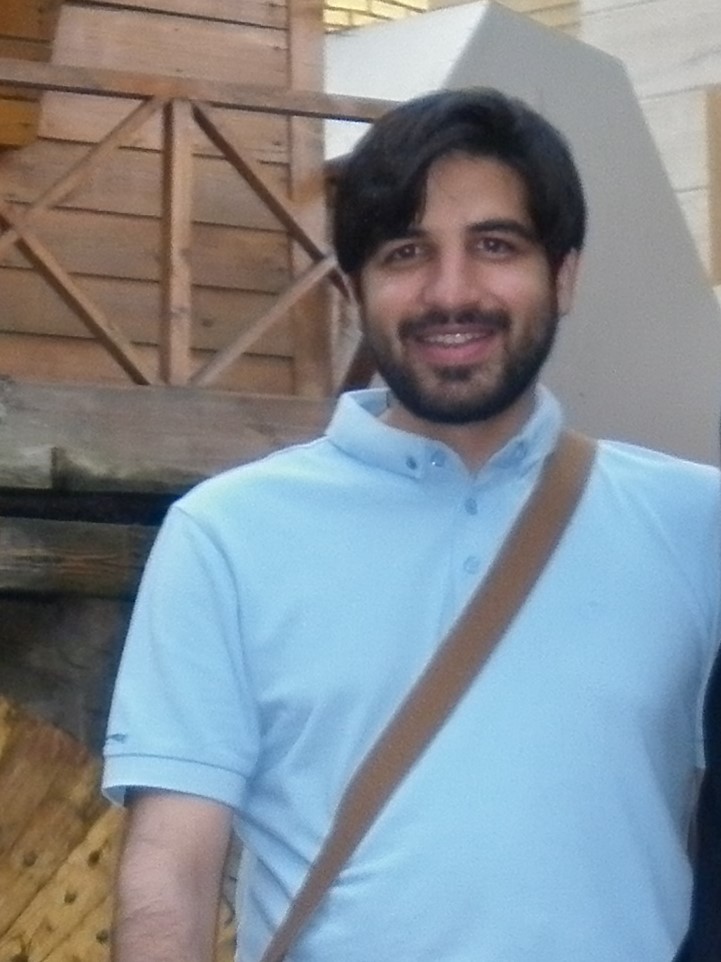The falsifiability and progress in theological arguments
According to Karl Popper, in the philosophy of science, falsifiability is an essential feature of scientific theories, which enables us to explain progress in science. Although this view is not free of challenge in the philosophy of science, it has been relatively plausible in explaining the progress of science through history. According to the principle of falsifiability, typical theological claims are not falsifiable. For this reason, even if there is progress in theology, it is not easy to explain. This article’s primary purpose is to take a step forward to meeting a theory to explain progress in theology, taking advantage of interdisciplinary approaches. The interdisciplinary theology-science-philosophy approaches that have been considered in recent years are examined in this context.
This article contains three case studies of interdisciplinary theories in recent theology. The first case is a theory based on HADD mental tools in the cognitive science of religion that Justin L. Barrett is one of its proponents. This view relies on a mental tool explained in evolutionary biology to justify the appearance and spread of religious beliefs. Religious beliefs in this view are explained based on a cognitive bias of humans towards intentional agents. The contributions of cognitive science in this theological view provide the basis for scientific methods, including anthropological and psychological tests. The second case is the theory of emergentism and its usage to explain Divine action in nature through downward causation. Philip Clayton is one of the chief defenders of this view. Clayton argues that emergentism is a philosophical view derived from relationships among the natural phenomena that science has revealed. For instance, in biology, the relationships of three causal factors, namely, the structure of anatomy, genetics, and the environment, can be explained by emergentism and downward causation. As scientific models progress in understanding the relationship between natural phenomena at different levels, the explanation of how God acts in nature becomes more accurate. The third case is the Kalam Cosmological Argument proposed by William Lane Craig for the existence of God. Craig gives two scientific reasons to support the non-eternity of the universe. Through this attempt, he wants to show that the universe had a beginning and, as a result, it has an Originator and Creator. One of these two reasons is based on the second law of thermodynamics, and the other is related to the Big Bang theory in modern cosmology.
Under this piece, I will look at two issues for each case. First, by contributions of science, what added value has been generated for the accuracy and improvement of theological theory. Second, relying on this contribution, how can one argue in favour of a kind of falsifiability of the theological theories?
This presentation is about research project No. 99029002, which is supported by the Iran National Science Foundation (INSF) at Sharif University of Technology, Iran.

I am Javad Darvish Aghajani, currently a postdoctoral researcher in the Department of Philosophy of Science at Sharif University of Technology in Iran. My general researches’ field is the relationship of science and theology, and now I am focusing on the philosophy of cognitive sciences and theology.
I have a bachelor’s degree in chemical engineering, but my master and Ph.D are in philosophy of science. I graduated with a Ph.D in 2020 from Sharif University of Technology. In 2018, I was a visiting researcher at the University of Uppsala in Sweden. I have had many papers and presentations in the philosophy of science, as well as science and theology.

